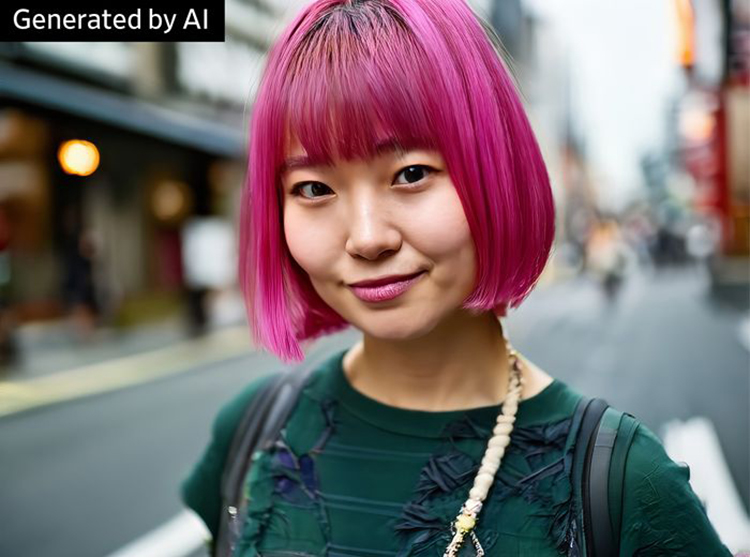The rise of generative AI is transforming creative fields and business models, with significant consequences. Photography, no stranger to technological advancements, seems particularly vulnerable this time.
A Wall Street Journal article by Katie Deighton explores the impact of generative AI on stock photography. AI’s ability to create realistic images from text prompts provides clients with a faster, cheaper alternative to traditional photography, offering greater control over the final product. This raises concerns for stock photographers like Memphis-based Shannon Fagan, who fears his portfolio will become obsolete. Renowned photographer Tony Northrup echoes this sentiment, predicting the demise of the stock photography industry.
Stock photo websites appear conflicted. While Shutterstock CEO Paul Hennessy acknowledges continued demand for real photos, the company embraces AI images on its platform despite potential risks. They even launched an “AI for Good” contest with minimal promotion. Similarly, Getty Images has joined the embrace of AI-generated visuals.

The concern lies in customers turning to AI image generators when traditional stock photos fall short. Companies can either commission a specific photo or use an AI tool to get a quick, affordable solution. Stock agencies are hedging their bets, promoting AI tools that might ultimately undermine photographers. Some even partner with AI firms to sell AI-generated images, potentially replacing human photographers in certain areas.
Scott Belsky, Adobe’s design and emerging products chief, compares AI to a new digital camera capable of replacing humans. He argues that embracing AI is necessary to avoid losing business to “illegitimate” sources. This statement downplays the artistic value photographers bring.
Stock companies may claim a continued demand for real photos, but their actions suggest otherwise, as they explore ways to capitalize on AI. They are businesses, after all.
However, good stock photography has thrived through past technological disruptions due to the human element behind the lens. The talent and creativity of photographers have been the key to their success.
If giants like Adobe have their way, the camera itself might become a relic of the past. While technological revolutions can create wealth for some, they can also have devastating consequences for others. The wheels of progress, it seems, don’t discriminate.


